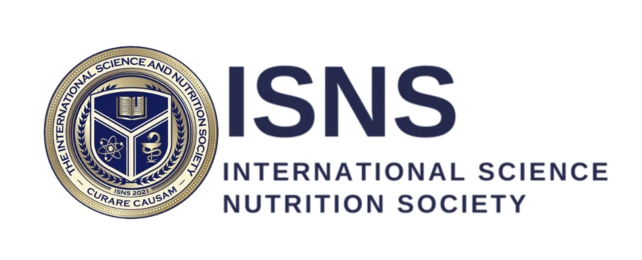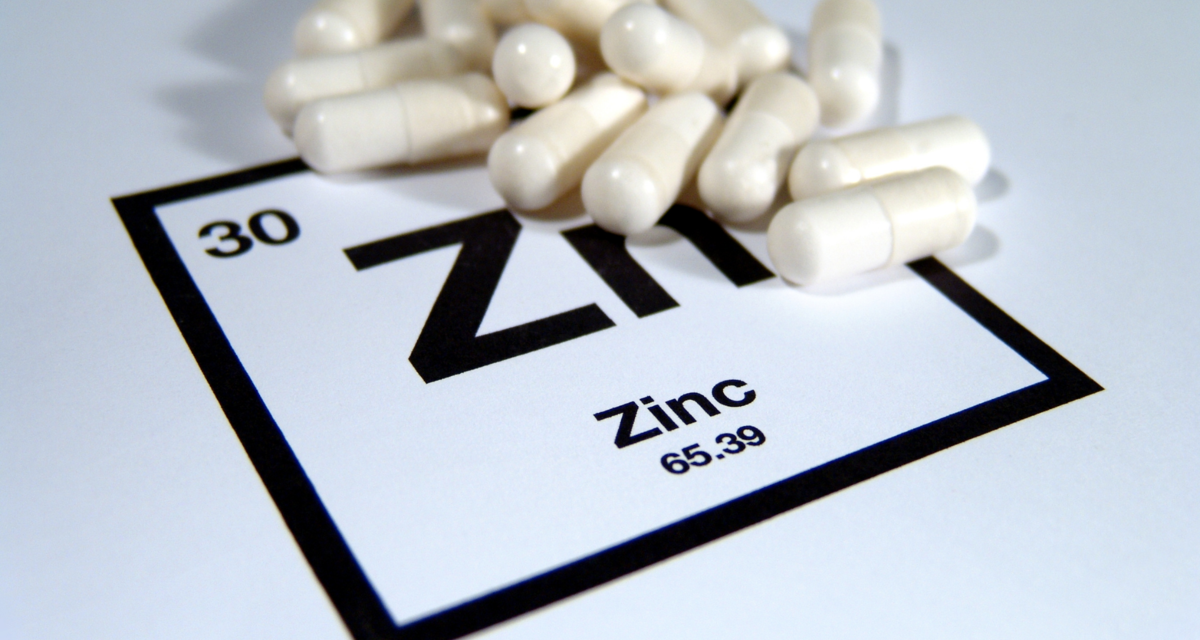Zinc for the Prevention and Treatment of SARS CoV-2 and Other Acute Viral Respiratory Infections: A Rapid Review
Susan Arentz, Jennifer Hunter, Guoyan Yang, Joshua Goldenberg, Jennifer Beardsley, Stephen P. Myers, Dominik Mertz, and Stephen Leeder
The global COVID-19 pandemic has sparked a rush of research into SARS-CoV-2 prevention and treatment. People with chronic illnesses and the elderly who are at risk of zinc deficiency have a higher risk of illness and negative effects. Zinc can help to avoid, alleviate, and shorten the duration of symptoms through a variety of methods. The inclusion requirements are fulfilled by 118 publications out of 1,627 documents (35 Chinese and 83 English publications), 32 for prevention, 78 for recovery, and 8 for both. SARS-CoV-2 is the subject of four RCTs, two of which are studying zinc for prevention and two for therapy. No findings were available as of July 7, 2020. Zinc was studied in a variety of ways, including nasal spray/gel, lozenges, oil, pills, and intramuscular. Implied evidence currently indicates that zinc can reduce the incidence, length, and severity of SARS-CoV-2 infections, especially in populations at risk of zinc deficiency, such as people with chronic disease co-morbidities and the elderly. There is no direct evidence that zinc is effective in the prevention or treatment of SARS-CoV-2. In the meantime, evaluating zinc status in individuals with chronic conditions and older adults as part of a SARS CoV-2 clinical work-up makes sense because all populations have a greater chance of zinc deficiency/insufficiency and worse SARS-CoV-2 results.

